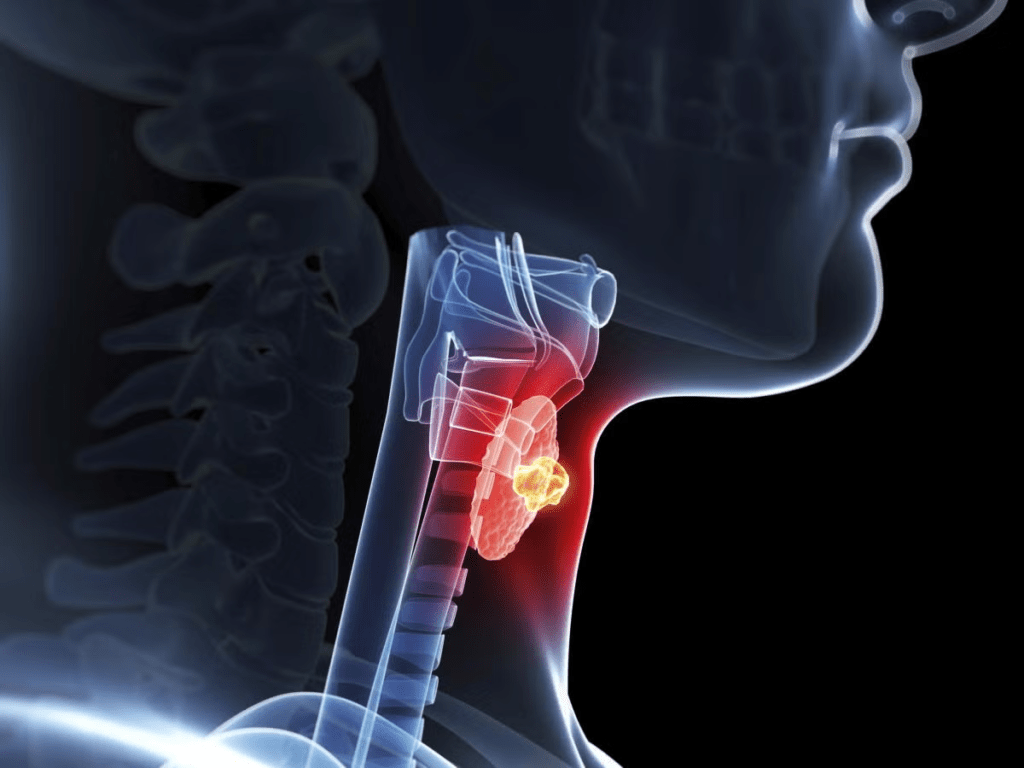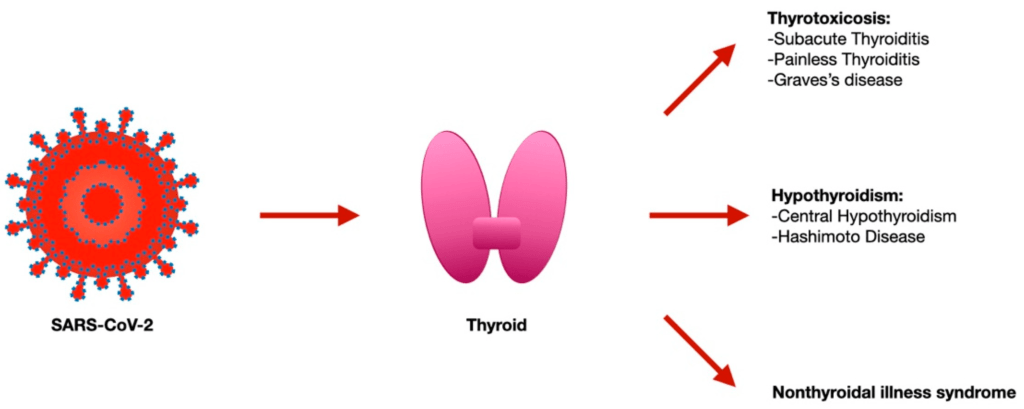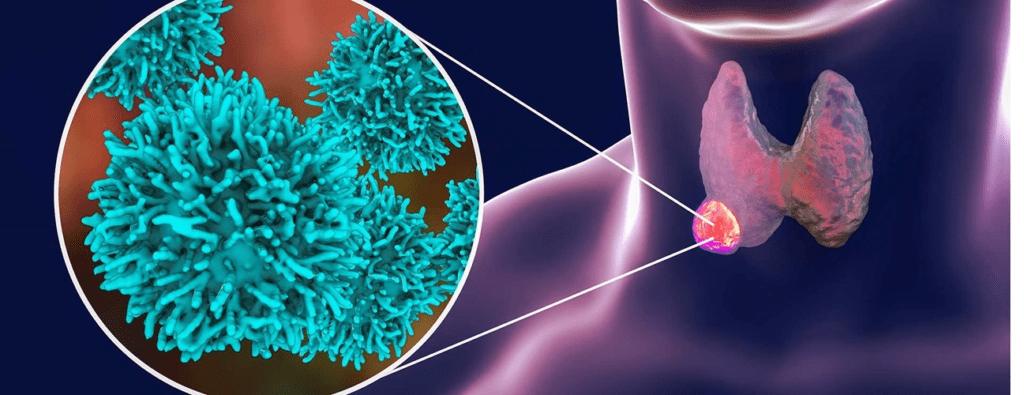Is Your Thyroid Affecting Your Health? Discover the Signs and Solutions!

Imagine your body running on low energy, struggling to keep up. This is what happens when your thyroid isn’t producing enough hormones. Hypothyroidism, affecting about 5% of Americans, slows metabolism, causing fatigue, weight gain, and other symptoms. It can stem from various causes like Hashimoto’s disease, surgery, or even radiation. The good news? Treatment is simple. A replacement medication called levothyroxine helps restore balance, but you need regular checkups to monitor progress. Without proper care, severe cases can lead to life-threatening conditions. If you’re feeling off, don’t wait—talk to your healthcare provider and take control of your health!

In a world where we are constantly on the move, it’s easy to overlook how something as small as the gland can have a profound impact on our daily lives. Yet, for millions of people, hypothyroidism, a condition caused by an underactive gland, can disrupt the rhythm of their bodies, causing everything from unexplained weight gain to extreme fatigue. Though often unnoticed, the signs of hypothyroidism are far from trivial. In this story, we’ll explore what hypothyroidism is, its causes, and why early diagnosis and treatment are key to maintaining good health and well-being.

Uncovering Hypothyroidism: The Silent Health Disruptor
Hypothyroidism is more common than many realize, affecting nearly 5% of Americans over the age of 12. Despite being an invisible condition, its impact on everyday life can be substantial, disrupting metabolism, energy levels, and even cognitive function. This silent health disruptor often goes unnoticed until its effects become too overwhelming to ignore. In this section, we’ll dive deeper into the causes, symptoms, and treatment options for hypothyroidism, shedding light on why it’s crucial to stay informed and proactive in managing this condition.
What Exactly Is Hypothyroidism?
Hypothyroidism occurs when your thyroid, a small gland located in the neck, produces insufficient this hormone, which is essential for regulating metabolism. This shortage can lead to a slowdown in many of your body’s systems, causing a range of symptoms from mild to severe. According to Dr. Shuchie Jaggi, an endocrinology expert, hypothyroidism can affect your heart, brain, and other vital organs, making it important to monitor for signs and seek medical advice.

Why Should You Care?
Though it may seem like just fatigue or weight gain, hypothyroidism is far from trivial. It’s more common with age and especially affects women. Dr. Erik Alexander, a leading expert, points out that the symptoms can sneak up on you. They often mimic other conditions, making it easy to dismiss them until they get worse. This can result in irreversible damage if left untreated. Early diagnosis and regular treatment are key to reversing these effects and improving your quality of life.
The Hidden Causes Behind Hypothyroidism
The path to this condition can vary. The most common cause is Hashimoto’s disease, an autoimmune disorder where the body mistakenly attacks its gland. Other factors include iodine deficiency, radiation treatments, certain medications, and even surgical removal of the gland. By understanding these causes, you can gain a clearer picture of your own health and the potential risks that may apply.
How Do You Know If You Have It?
The symptoms can often seem harmless or unrelated, like dry skin, cold sensitivity, and constipation. But they can also signal something much deeper. Since these signs overlap with other conditions, the only reliable way to diagnose hypothyroidism is through blood tests. Knowing what to look for and talking to your doctor when symptoms arise can lead to quicker diagnosis and better outcomes.

How To Manage Hypothyroidism: Taking Control
Good news—it can be managed with the right treatment! The most common solution is hormone replacement therapy with medications like levothyroxine. But treatment doesn’t stop there. Monitoring your hormone levels through regular blood tests ensures your body stays balanced and functions at its best.
For those with chronic hypothyroidism, such as from Hashimoto’s disease, long-term care may be required, but the payoff is a return to normal hormone levels and better overall health. Left untreated, severe cases can lead to dangerous complications like myxoedema, a potentially life-threatening condition, underscoring the importance of early and consistent treatment.

Takeaway: Stay Ahead of Hypothyroidism
Hypothyroidism may start off as a quiet condition, but its long-term effects can be far from mild. Early detection, proper treatment, and regular medical care are your best tools in managing this condition. If you’re experiencing symptoms like fatigue, unexplained weight gain, or brain fog, don’t wait for it to get worse—consult with your doctor and take the first step toward feeling better.
Final Thoughts
Hypothyroidism may be a quiet condition, but its impact on the body can be profound. With symptoms often going unnoticed or being mistaken for other issues, early diagnosis and proper treatment are crucial. Through medication and consistent monitoring, those living with hypothyroidism can regain control of their health and prevent serious complications. Don’t ignore the subtle signs—be proactive and seek medical advice if you suspect an underlying issue may be the cause of your symptoms. Knowledge and early intervention are your best defense against this silent disruptor.
Could your daily fatigue and weight gain be more than just stress or lack of sleep?






